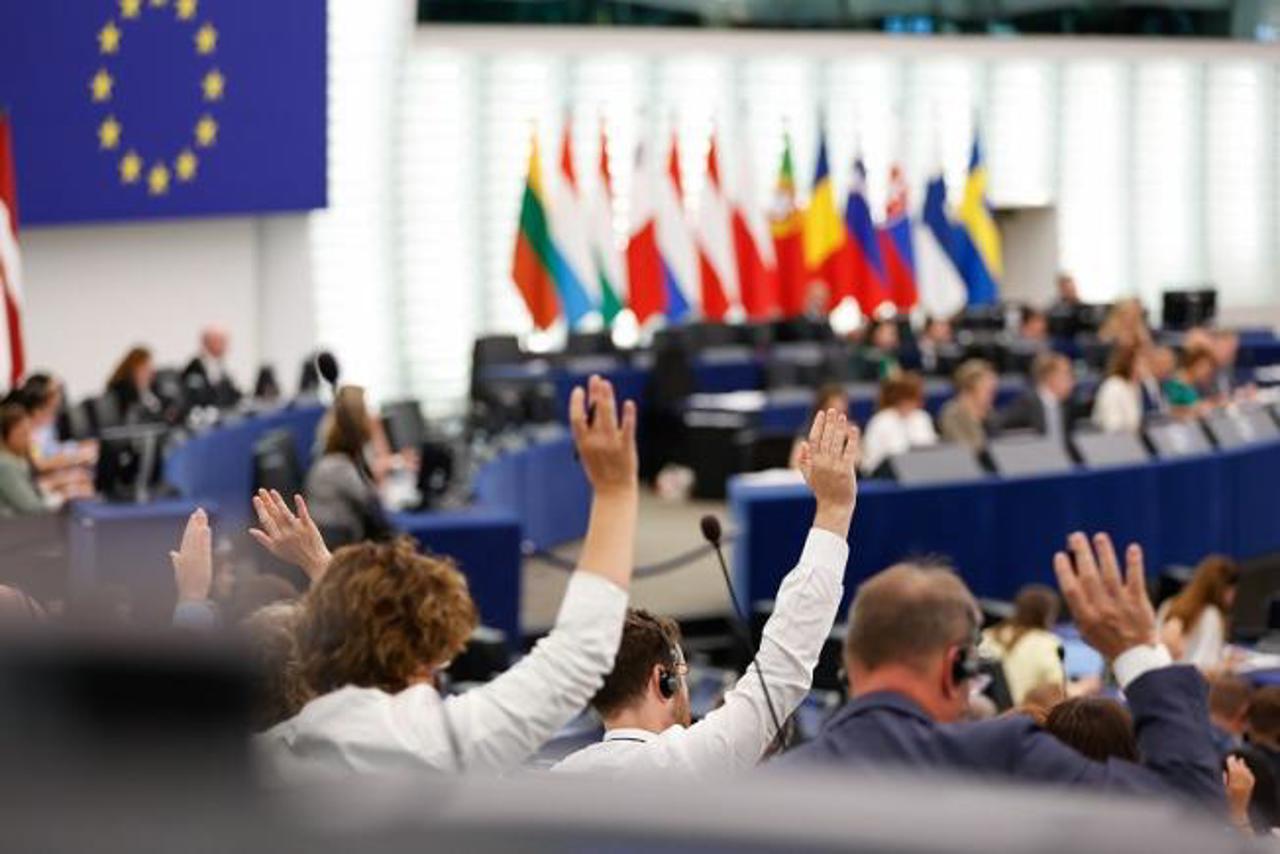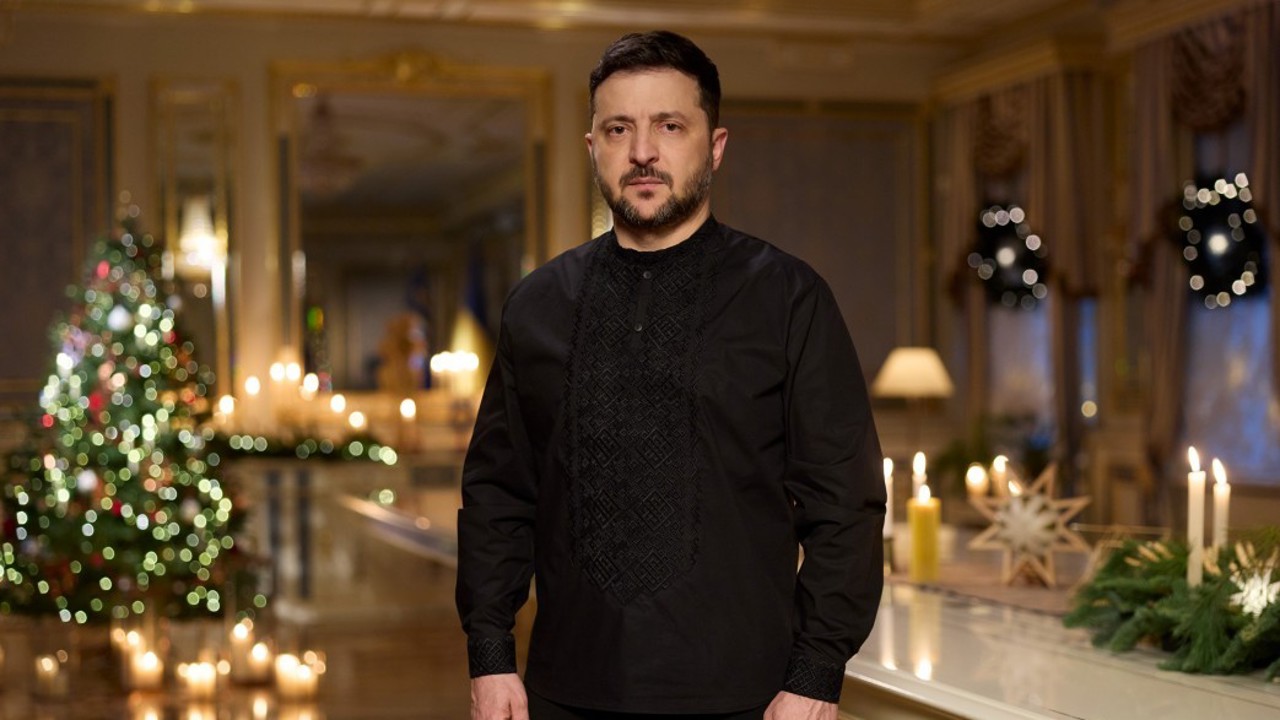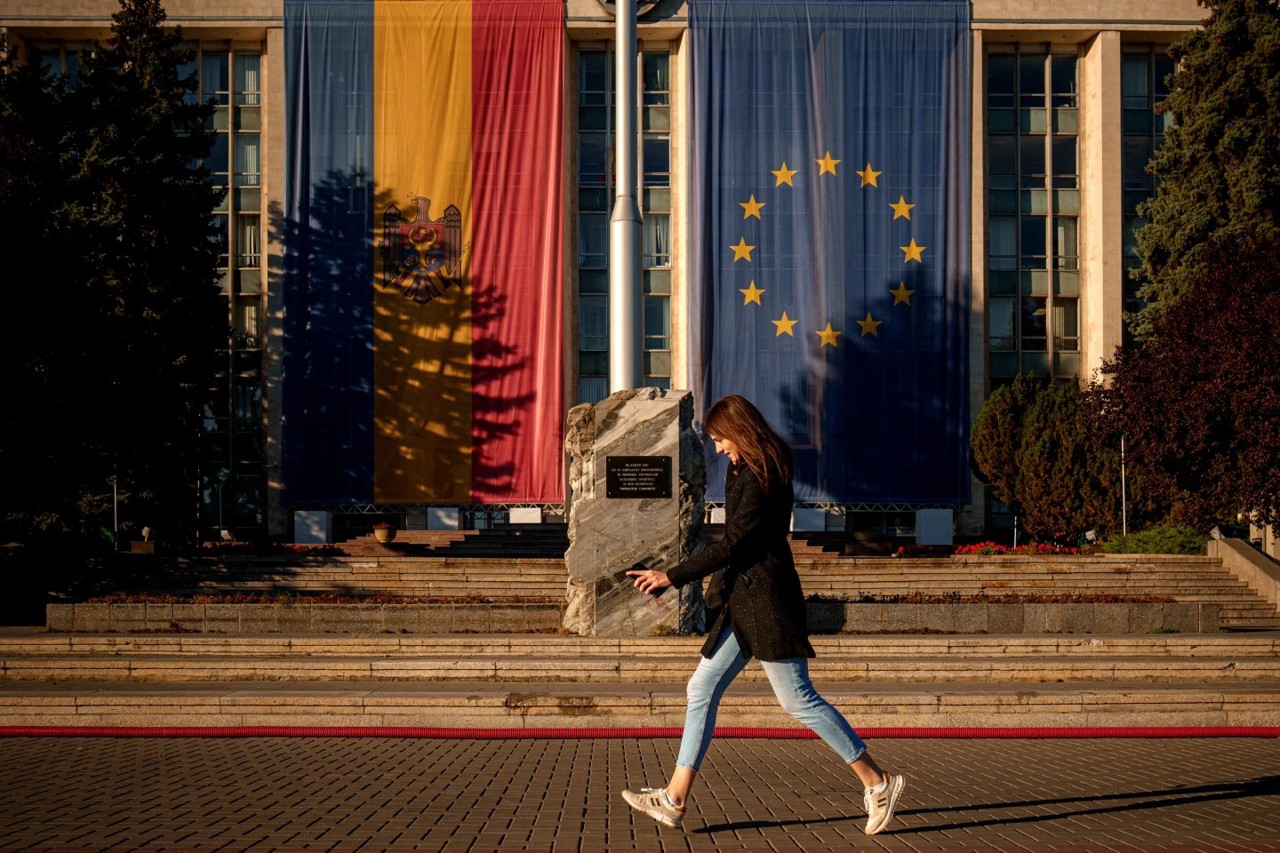Unveiling 'Moscowgate': Corruption and Russian Interference in EU Elections
Amidst the backdrop of Catholic Easter, occurring a mere two months before the European elections, a cascade of revelations has unfurled regarding the corruption ensnaring certain incumbents within the current European Parliament and the extensive reach of Russian interference in the forthcoming electoral campaigns, as reported by Dan Alexe.

Termed as "Moscowgate," this investigative probe delves into the clandestine pro-Russian network that has allegedly remunerated Members of the European Parliament (MEPs) for disseminating anti-Ukrainian propaganda. Originating in Prague, this inquiry has rippled outward, instigating police operations even as far as Poland, with potential ramifications looming over other European Union member states.
The focus of this investigation predominantly hones in on representatives affiliated with far-right factions, alongside select sovereignist entities. Noteworthy among these are the factions led by Matteo Salvini and Giorgia Meloni in Italy, as well as the Alternative for Germany (AfD) party in Germany.
The accusation levied by Belgian Prime Minister Alexander De Croo directly implicates Russian involvement in financially incentivizing European parliamentarians for the propagation of Kremlin-aligned narratives. This accusation was spurred by disclosures made by Czech intelligence services, unveiling a pro-Russian propaganda apparatus centred around the Ukrainian issue, primarily utilising a website dubbed "Voice of Europe" as its conduit for disinformation.
De Croo, bearing the mantle of the rotating presidency of the EU, underscored the gravity of these developments, citing external pressures coupled with internal collaboration as characteristic hallmarks of Moscow's interference within the highest echelons of our democratic institutions.
The Russian-originated website, "Voice of Europe," originally incubated in the Netherlands, had, in its heyday, conducted interviews with numerous right-wing and far-right MEPs. However, following recent events, Dutch Prime Minister Mark Rutte has deemed these revelations alarming, pledging the full cooperation of the Hague government in facilitating the ongoing investigation, subsequent to the site's closure.
What initially surfaced as a scandal in Prague has since metastasized, enveloping at least six additional countries, including Germany, France, Poland, the Netherlands, Belgium, and Hungary. In light of these developments, leaders of liberal and green factions within the European Parliament have clamoured for an internal investigation to be conducted forthwith.
Allegations suggest that the pro-Russian network extended pecuniary inducements to European deputies to promulgate pro-Kremlin, anti-Ukrainian rhetoric, with the underlying intent of influencing the outcome of the impending European Parliament elections slated for June.
Valerie Hayer, at the helm of the Renew Europe group and spearheading Macron's electoral slate in France, has petitioned President of the European Parliament, Roberta Metsola, for an immediate and transparent internal inquiry, to be conducted in collaboration with national authorities.
With a mere ten weeks remaining until the European elections, Hayer accentuated the imperative for voters to be apprised of potential entanglements between MEPs or electoral aspirants and Russian interests.
German MEP Terry Reintke, a prominent figure within Germany's Green party and one of the two leaders of their electoral slate for the June elections, reiterated the severity of the situation, characterising it as a direct assault on democracy. She emphasised the imperative for stringent consequences to be meted out to politicians found culpable, both within the political arena and within the purview of the law.
Translation by Iurie Tataru



